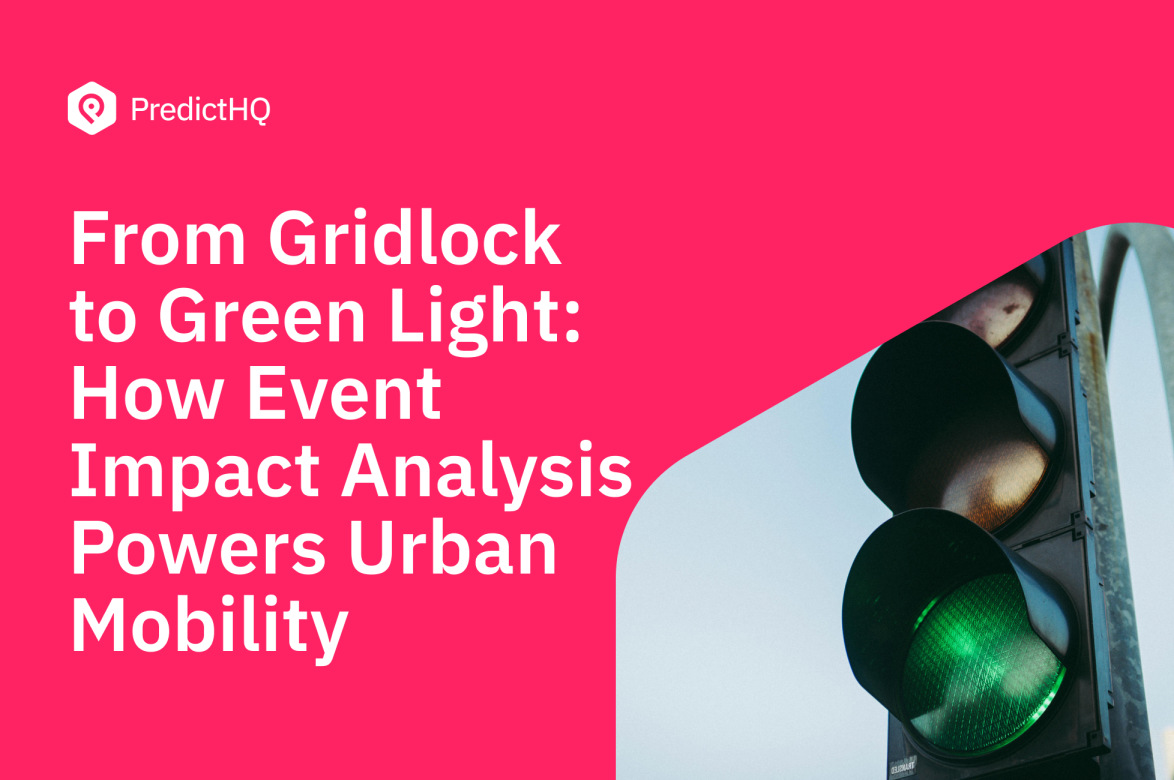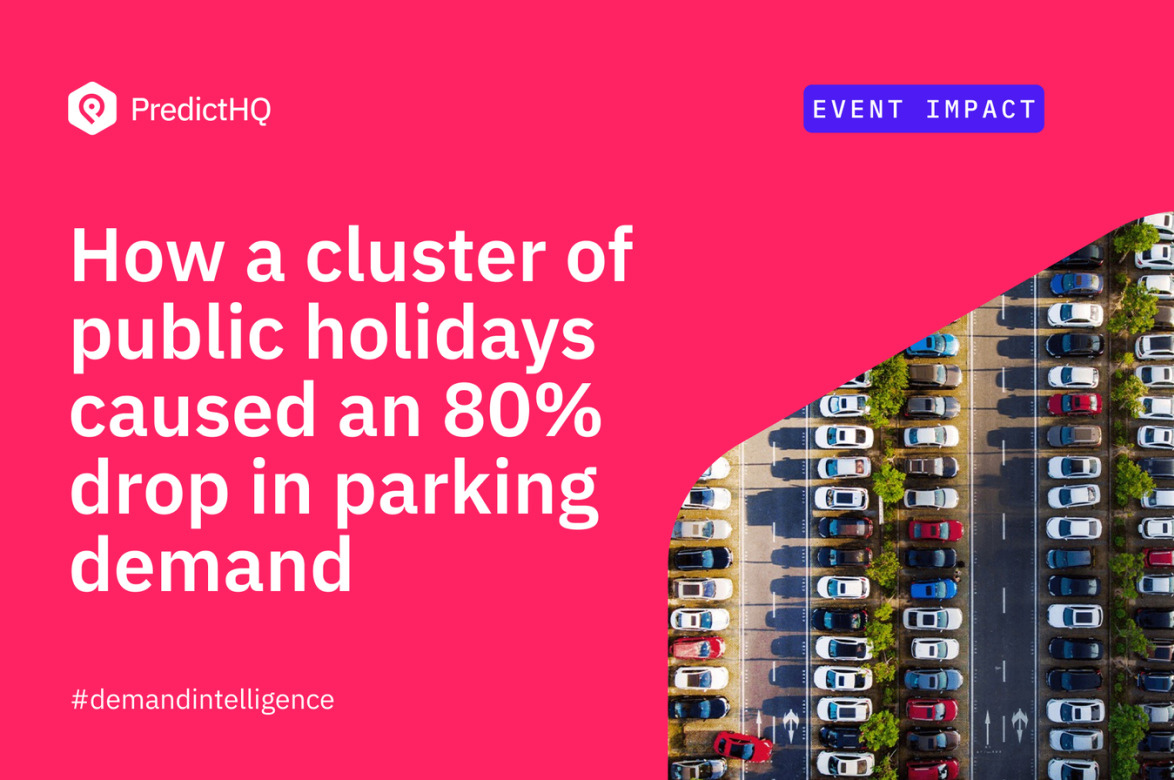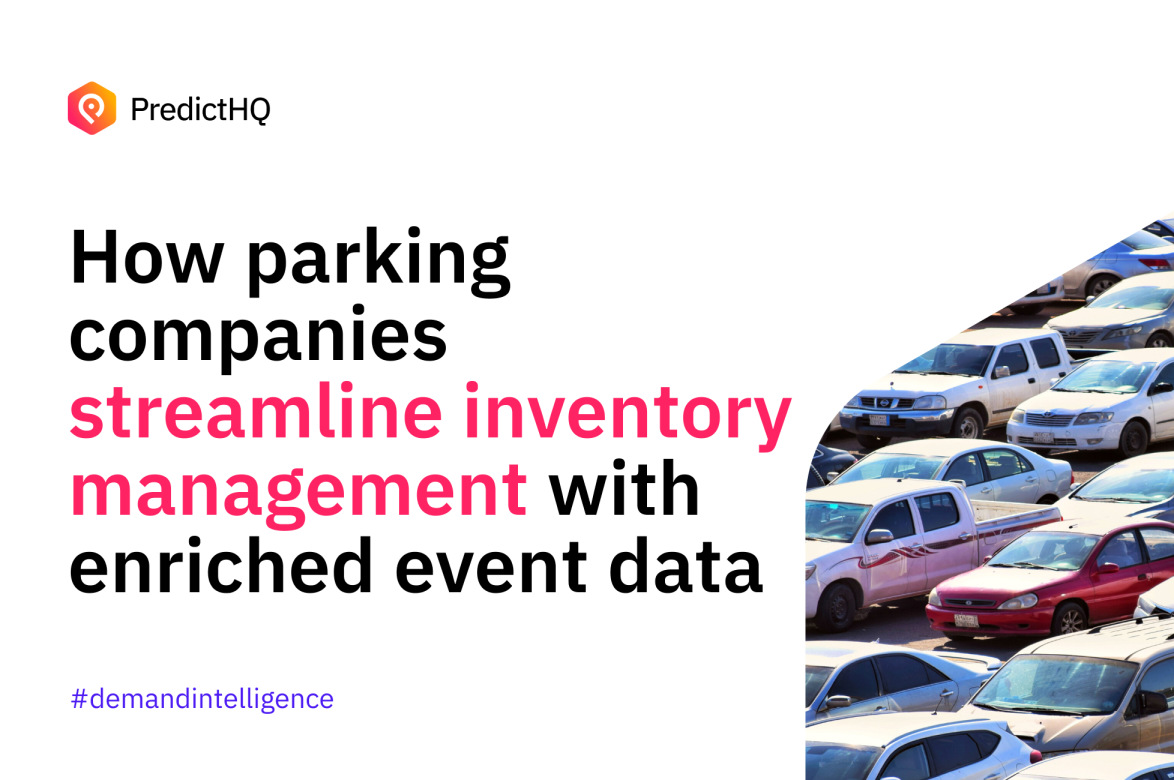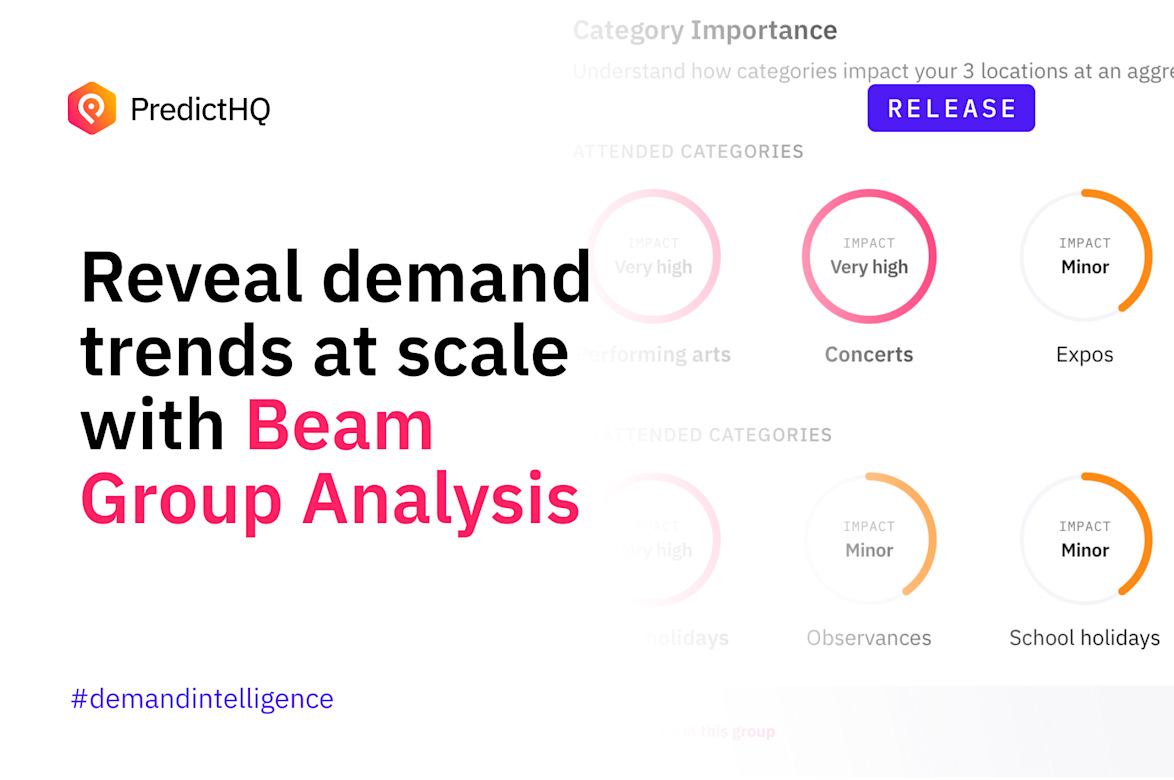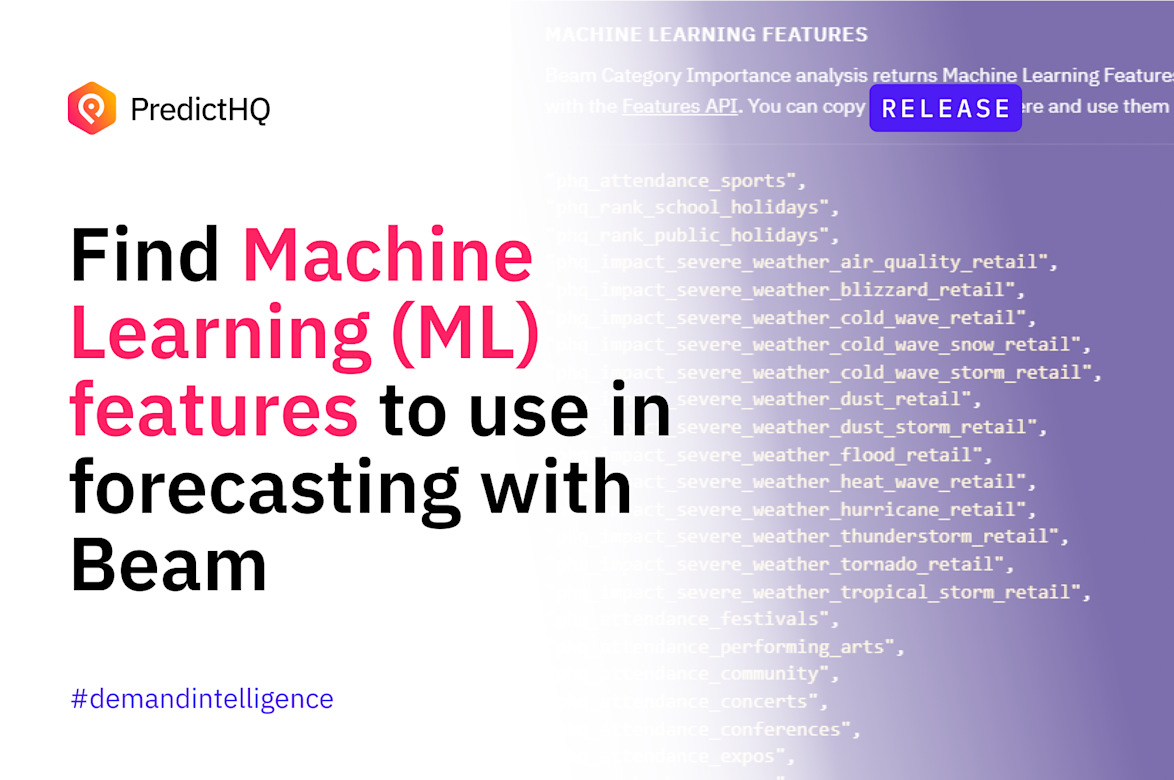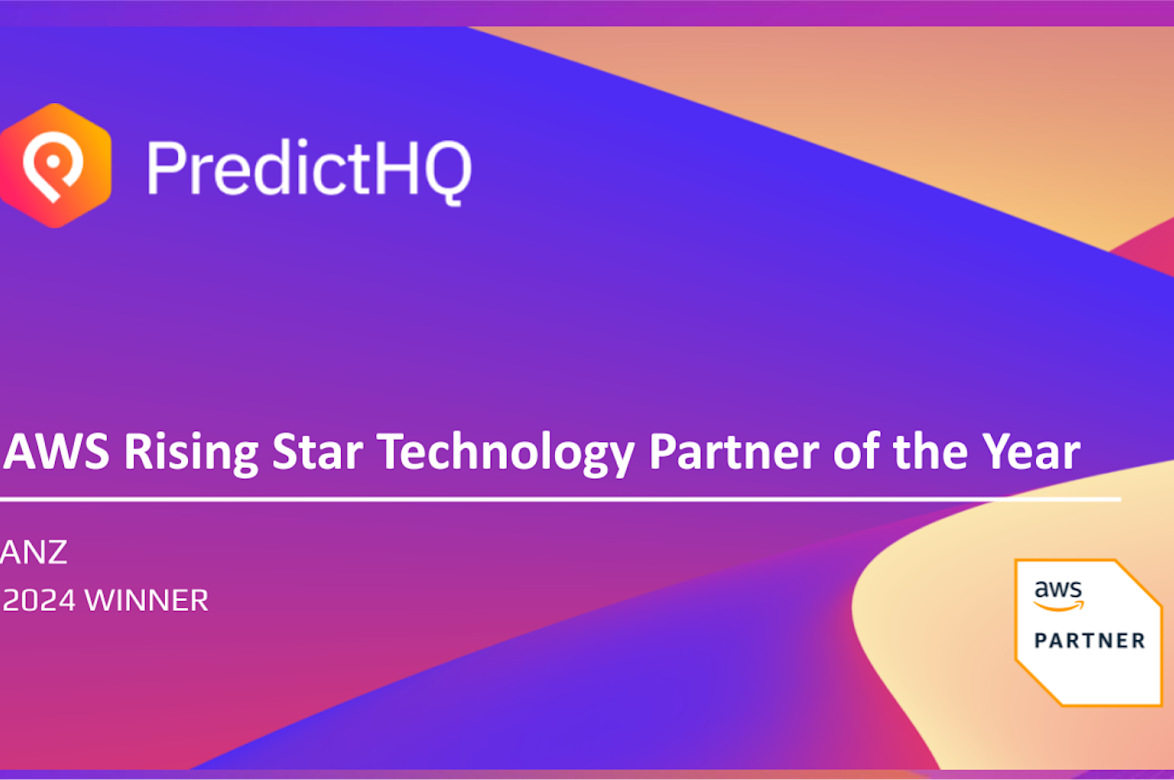Optimize Your Parking Garage with Smart Parking Technology and Data Analytics
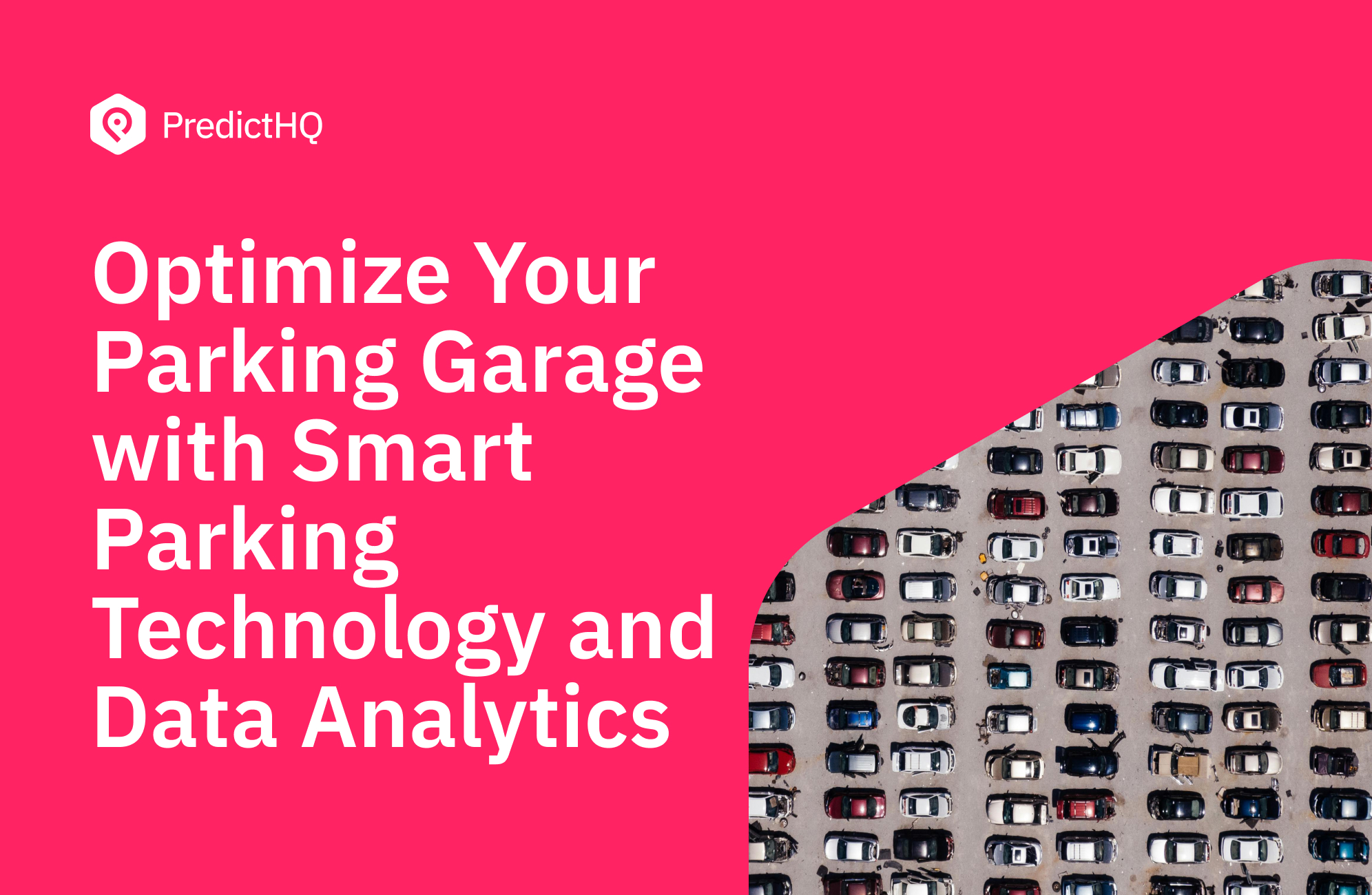
The daily parking scramble: why manual prediction is a losing game
Finding a parking spot often feels like navigating a chaotic maze. But for those tasked with managing parking availability, it's a constant battle. Predicting daily demand is notoriously difficult as demand levels at each location are influenced by a whirlwind of external factors, from blockbuster concerts to unexpected severe weather.
The biggest hurdle is the sheer information overload. Unreliable data sources, from event calendars to web searches, create a messy labyrinth that manual analysis struggles to conquer. Just sifting through event listings in the US could devour over 8,000 analyst hours monthly – a backbreaking task which still neglects to capture key data points and local demand trends.
Thankfully, advancements in technology used in parking management systems, such as data analytics and machine learning, offer a beacon of hope. By harnessing the power of data, parking operators such as ParkMobile are taking control of demand volatility at scale.
This article explores how innovative technologies are paving the way for a more efficient future of parking. Get ready to ditch the daily scramble and embrace a world of smart parking management, powered by predictive demand intelligence.
Use real-world data to track (and prepare for) demand fluctuations
Manual data collection for parking businesses is common but can be a significant bottleneck. Intelligent, enriched data helps parking garages and businesses automate this process, freeing your team's valuable time for strategic optimization efforts. This shift allows them to focus on higher-level tasks that contribute directly to your parking operation's success.
External data, such as local events data, captures the nuance in how events influence parking demand. Access to granular event data reveals the full range of potential demand drivers, from major concerts, severe weather, sports events, to local festivals.
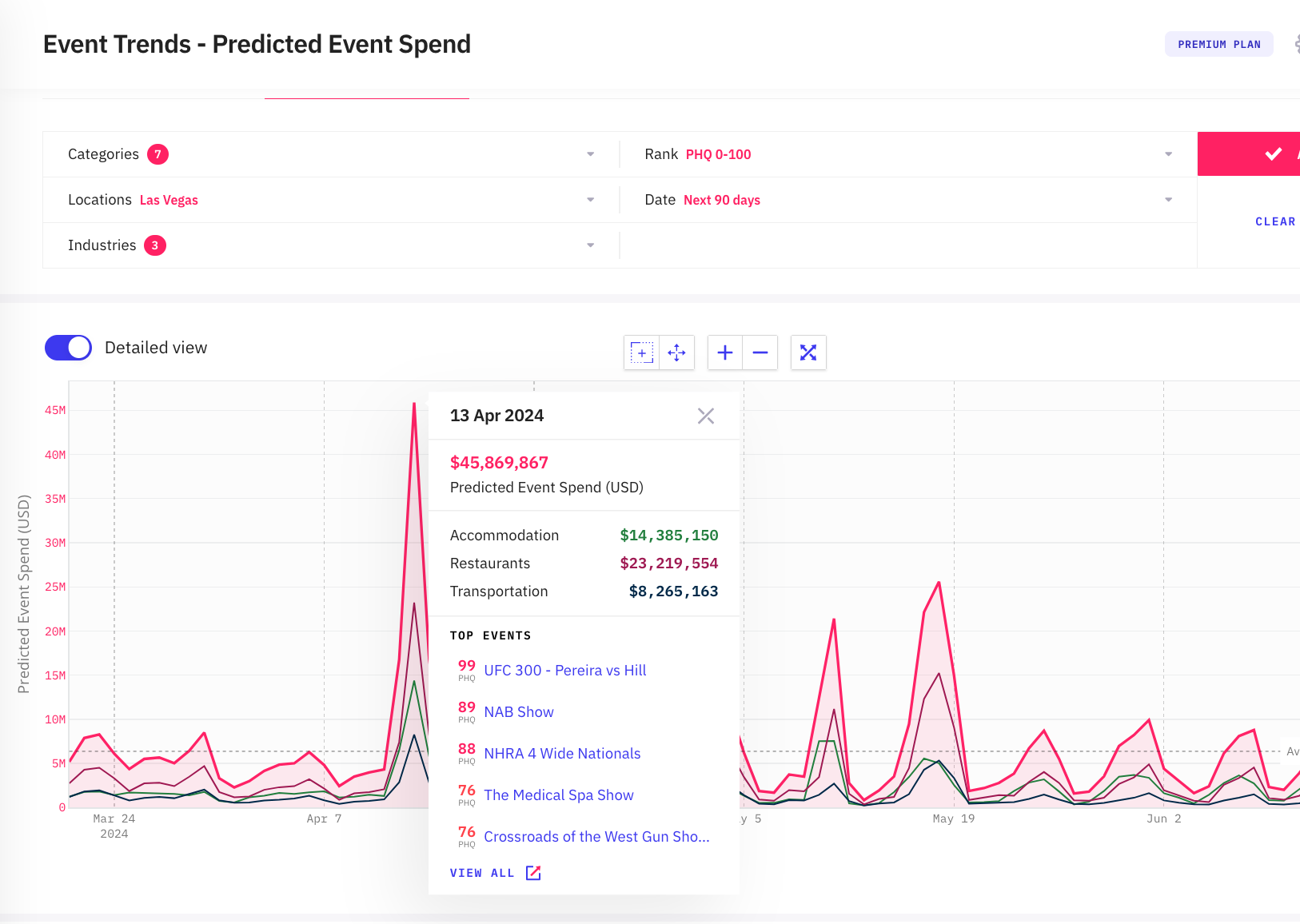
This comprehensive view empowers you to make more informed decisions about parking inventory, pricing, marketing, and more. The world’s leading parking operators leverage event data to plan and price garages and parking spots to drive better business and operational decisions ahead of demand surges or dips in demand.
For example, SpotHero is a digital parking leader and only independent off-street parking marketplace in North America. SpotHero uses event data to improve visibility into external factors that impact parking demand, powering their ability to:
Dynamically track events: Know exactly when events are canceled and postponed
Visualize event impact: See where clusters of high-volume events are occurring
Boost revenue: Notify operational managers about demand surges to enable data-driven and optimized pricing
Next, we’ll go over how you can use this predictive demand intelligence to achieve similar results for your parking business at scale.
5 ways to unlock the power of data-driven parking management
In the ever-evolving world of parking management, success hinges on one key factor: mastering predictability. Understanding the local impact of events is mission-critical for facilities of all sizes, and forward-thinking parking operators are using enriched event data to transform their facilities from static lots into revenue-generating hubs.
This data unlocks a treasure trove of insights, allowing you to understand the local impact of events and optimize your operations at scale for maximum profitability. Here are 5 ways to leverage this powerful resource:
1. Streamline inventory management with enriched event data
Reserve parking spaces for booking based on predicted attendance of events and venue capacity data to better predict demand and more precisely match parking supply to demand. Some parking businesses are tapping into advanced information around events, including predicted event spend and predicted attendance to further support planning.
For example, companies that rely on parking partners can better assess how much inventory they need in a given area that will be impacted by event-driven parking demand. This allows them to avoid under or over selling parking spaces and avoid revenue loss or unnecessary costs. The better understanding they have of the type and scale of an event, the better it helps them to prioritize inventory planning ahead of their competition.
2. Boost revenue with dynamic event-based pricing
Identify events that drive parking demand to enhance pricing algorithms and maximize revenue. For example, let’s say you manage an independent parking lot near Levi’s stadium, where the San Francisco 49ers are based. When a game is happening, you charge $30 for parking due to increased demand, otherwise you charge $10.
If a game gets postponed or canceled without your knowledge, not only would you be overcharging and driving potential customers elsewhere, but you could possibly be undercharging on the actual rescheduled date as well. This negatively impacts customer satisfaction and your bottom line.
3. Promote your parking facilities in the right way, at the right time
By understanding upcoming events and their expected attendance, parking operators can craft strategic promotions that resonate with attendees before they even leave the house. By promoting the convenience and security of your parking facility at the right time, you can convert the influx of event attendees in your area into loyal customers.
Here’s how to deepen your understanding of event trends in your area to be able to proactively market your business:
Identify relevant events: Have visibility into upcoming concerts, sporting events, conferences, or even farmers markets happening near your facilities – and detailed information around their expected size and spend they’ll bring to the area.
Form local partnerships: Partner with event organizers to advertise your parking rates and availability around the venue to attract event attendees and associate your brand with the excitement and fanfare of the event.
Use a multichannel approach: Use eye-catching signage and digital ads such as paid search and social media to reach potential customers already interested in these events.
Tailor your messaging: Use event details to create messaging that directly addresses attendee needs. For example, for a family festival you might promote your spacious parking for minivans, while during a conference, you might highlight proximity to public transportation hubs or rideshares.
Curated Promotions: Offer discounted parking for early bookings or extended-stay packages for multi-day conferences to not only increase revenue during peak periods, but also build brand awareness for future events.
4. Go beyond prediction to actively shape demand
Alternatively, you can also capitalize on marketing opportunities when events aren't happening. By identifying stretches with low predicted attendance, parking operators can proactively generate interest with strategic marketing initiatives.
If you see a stretch of lower-than-usual demand levels, you can drum up parking demand with strategic promotions such as:
Discounts: Leverage lower parking rates to attract new customers through local channels, and explore offering special deals for weekday or hourly parking to entice everyday drivers to give your facility a try.
Bundle deals: Partner with nearby attractions, restaurants, or shops to offer bundled parking deals with these businesses, or cross-promote their services in your parking garage in exchange for them promoting your parking options to their customers.
Parking subscriptions: Create subscription plans for regular parkers to not only generate recurring revenue, but also foster customer loyalty, creating a steady stream of income during slower periods.
5. Ensure quick, easy, and safe parking — even during peak periods of demand
Predictive demand intelligence allows parking operators to anticipate peak demand and prepare for surges, enabling them to ensure adequate staffing levels, and prioritize safety measures in advance – ultimately creating a quicker, more convenient parking experience for customers even during the busiest times.
For example, operations teams within parking companies can use intelligent event data, including severe weather data, to properly staff parking facilities based on predicted event impact and set up necessary signage, or do snow clearing in case of a snowstorm.
Leading parking companies leverage PredictHQ's intelligent event data to quickly scale their awareness of demand impacting events. As a result, they're decreasing the time and cost needed to surface events, and increasing their coverage of upcoming impactful events.
Many parking companies start out by leveraging our calendar end-point to populate a centralized calendar with events specific to a location, time, and radius — meaning everyone in your business can have fast, up-to-date, and accurate access to upcoming events. Join the ranks of parking industry leaders using predictive demand intelligence to streamline operations at scale.




